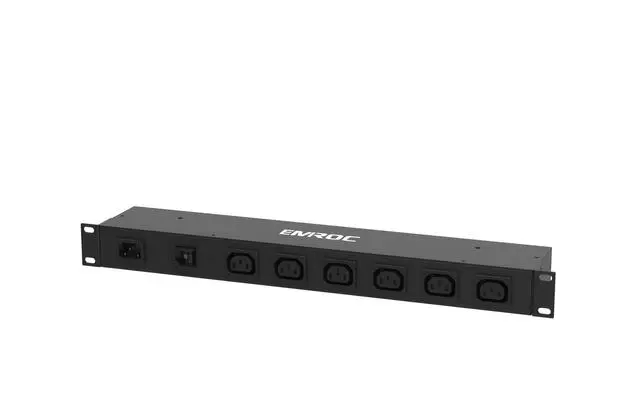In the fast-paced world of modern technology, data centers play a pivotal role in ensuring seamless operations for businesses, organizations, and individuals alike. Within these data centers, a crucial yet often overlooked component is the Power Distribution Unit (PDU). In this article, we will delve into the world of PDUs, exploring their significance, types, and the critical role they play in maintaining the integrity of data center operations.

What is a PDU? A Power Distribution Unit (PDU) is an electrical device designed to distribute power to various IT equipment, such as servers, switches, and storage devices, within a data center or server room. PDUs are responsible for delivering a steady and reliable supply of electricity to these critical components, ensuring uninterrupted data processing and storage. Types of PDUs There are several types of PDUs available in the market, each catering to specific needs and preferences: Basic PDUs: These provide a simple and cost-effective solution for distributing power to IT equipment. Basic PDUs are ideal for small to medium-sized data centers. Metered PDUs: Metered PDUs offer real-time power usage monitoring, enabling data center administrators to track energy consumption and make informed decisions about resource allocation and energy efficiency. Switched PDUs: Switched PDUs provide remote power management capabilities. Administrators can turn outlets on or off remotely, reboot unresponsive equipment, and schedule power cycling to minimize downtime. Monitored PDUs: Monitored PDUs offer power monitoring without remote switching capabilities. They provide valuable insights into energy usage and help prevent overloads. Intelligent or Smart PDUs: These advanced PDUs combine metering, monitoring, and remote management capabilities. They are highly versatile and offer a wide range of features to optimize data center operations. The Importance of PDUs Reliability: PDUs are the backbone of a data center’s power distribution system. Their reliability ensures that mission-critical equipment receives a continuous power supply, minimizing the risk of downtime and data loss. Efficiency: PDUs help data centers optimize energy usage, reducing operational costs and environmental impact. Monitoring features enable administrators to identify energy-hungry equipment and make necessary adjustments. Remote Management: In today’s digital landscape, remote management is crucial. PDUs with remote capabilities allow administrators to perform maintenance tasks, troubleshoot issues, and make adjustments without being physically present, saving time and resources. Scalability: As data centers grow, the demand for power distribution also increases. PDUs can be easily scaled to accommodate additional equipment and ensure that power is evenly distributed across the data center. Data Center Design: PDUs play a crucial role in data center design and layout. Proper placement and configuration of PDUs help optimize airflow and cooling, contributing to the overall efficiency and reliability of the facility. Challenges and Considerations While PDUs offer numerous benefits, they also come with their own set of challenges and considerations. These include: Overloading: Improperly configured or overloaded PDUs can lead to overheating and equipment failure. Regular monitoring and capacity planning are essential. Compatibility: When selecting PDUs, compatibility with existing equipment and future expansion plans must be taken into account. Redundancy: Redundant PDUs are crucial for ensuring high availability. Data centers often employ A-B power configurations to prevent downtime in case of PDU failure. Security: Remote management capabilities must be secured to prevent unauthorized access to critical infrastructure. In conclusion, Power Distribution Units are unsung heroes in the world of data centers. They provide the lifeblood of electricity to the servers and equipment that power our digital world. Understanding the types and importance of PDUs, along with the associated challenges, is vital for data center administrators and organizations seeking to maintain reliable and efficient operations in an increasingly data-dependent world. As technology continues to evolve, so too will the role and capabilities of PDUs in supporting the backbone of our digital infrastructure.